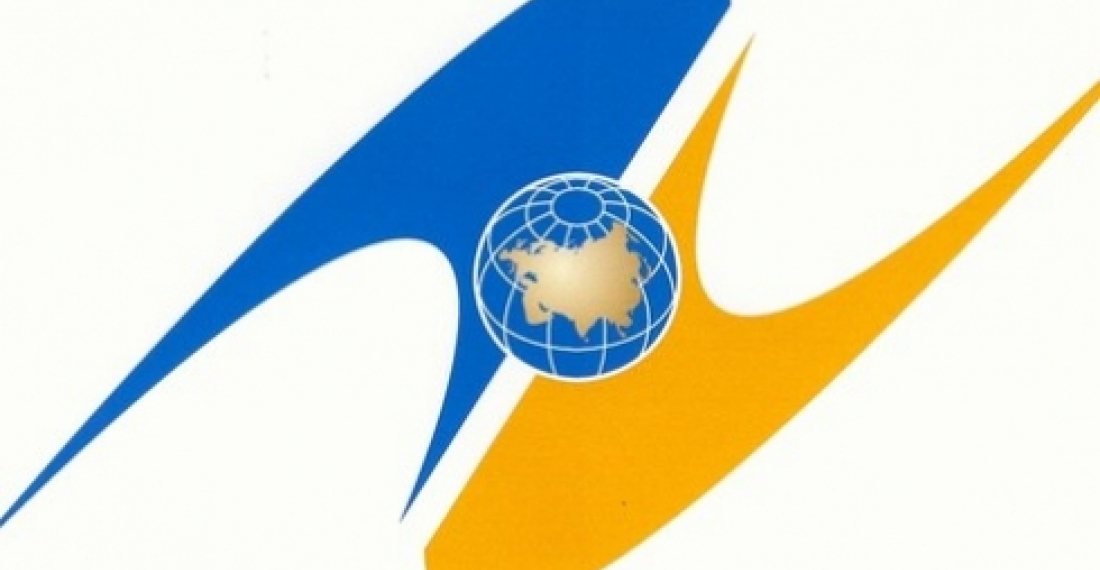A summit meeting of the Heads of State of the Eurasian Economic Community (EurAsEC) opens today in Moscow. The leaders of the member states: Belarus, Kazakhstan, the Kyrgyz Republic, the Russian Federation and Tajikistan will also be joined by the leaders of the observer members, Ukraine, Armenia and Moldova at a summit that will likely define the speed with which the Community will proceed with the establishment of the EurAsEC customs union and common economic space. Russia has been the main moving force in pushing for an expanded role for EurAsEC but other countries such as Belarus are also enthusiastic. The position of the observer member states remains ambivalent. Uzbekistan joined EurAsEC in 2006 but stopped participating in meetings of its governing bodies in 2008.
The President of Armenia, Serzh Sargsyan will participate in the Moscow summit according to the Press Service of the Armenian President. Azerbaijan and Georgia do not participate in the EurAsEc process.
This will be the first EurAsEC meeting since the election of Vladimir Putin as President of Russia, although the meeting will be hosted by the current incumbent, Dimitri Medvedev. During the election campaign Putin indicated that Russia will in the future push for closer relations with the former Soviet republics in its neighbourhood and EurAsEc is fast emerging as an important instrument for this policy with ambitious plans for customs union and common economic space. However a number of the republics are wary not only of Russian intentions but also of the effectiveness of these schemes.
On the eve of the Moscow summit Ukraine declared that it is not yet ready to join EurAsEC. Ukrainian President Viktor Yanukovich said on Sunday in an interview with Itar-Tass: “We are looking closely at this economic association, but is not an easy path and it takes a great political will to travel it.” The President added, “We hail our neighbours taking this path, but we are not yet ready to give a definite answer.”
“One of the questions is the creation of supra-national bodies,” Yanukovich noted. “It will deprive us a part of our sovereignty, which is prohibited by the constitution. There different ways to solve this issue, i.e. to amend the constitution, to hold a referendum, and so on. But in order to take this path, we need to see the result, let alone the ultimate goal. There must be a goal, and it must meet the national interests. So far we cannot say that and this is the problem. It means that in order to take the path of integration we got to have grounds and so far they are lacking, we do not see any.”
According to the website of EurAsEc its member states currently occupy a total area of 20.3 m sq. km. Their population exceeds 181 m. The trade turnover of the member states has increased three times since 2002, and in 2007 exceeded USD 90 bn.
source: commonspace.eu with Itar-Tass
photo: The emblem of EurAsEc (courtesy of www.evrazes.com)







